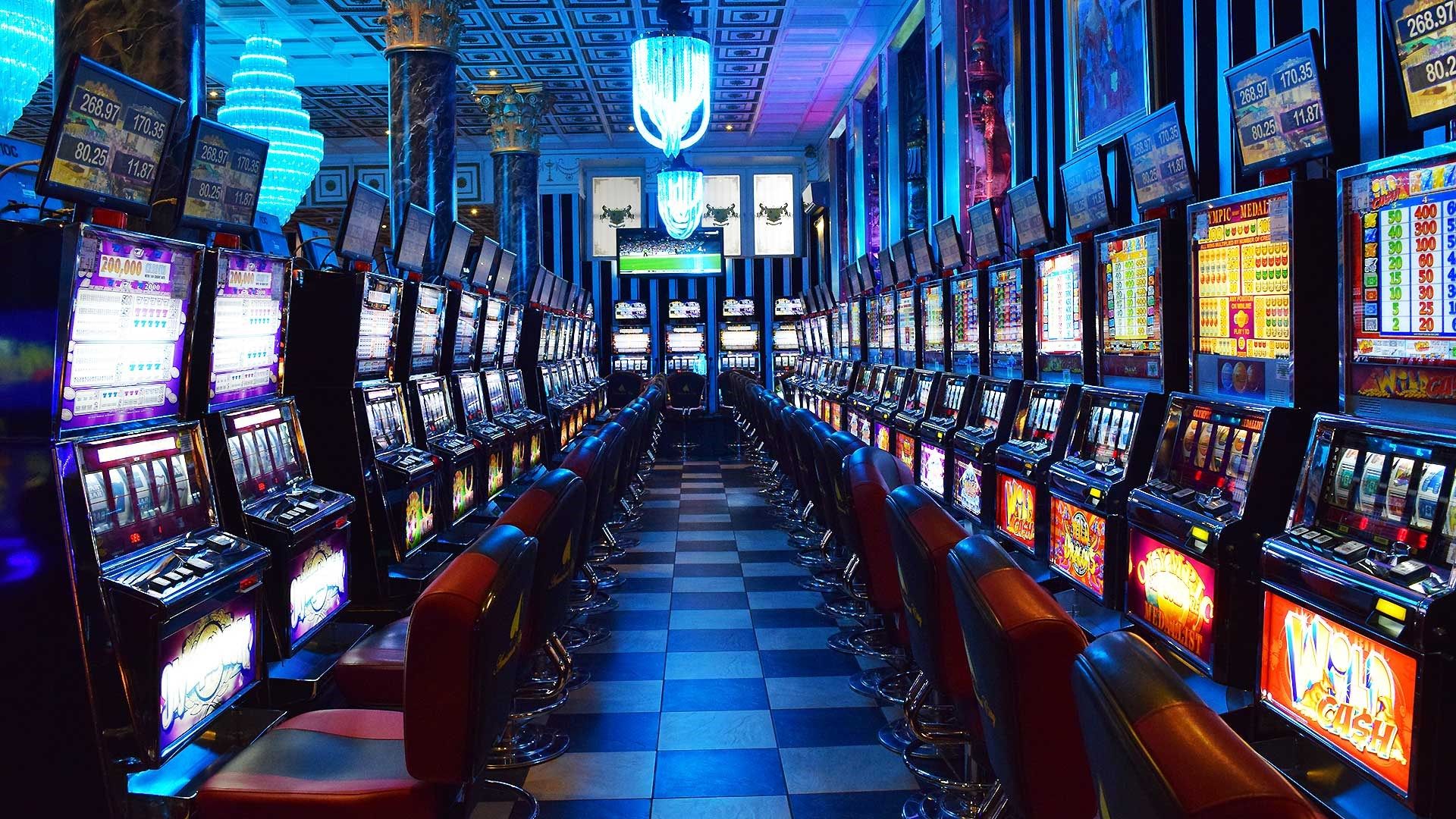
A realm of entertainment has seen many shifts over various decades, but not many have captured the imagination and excitement of gamers quite like gambling games. Emerging in from the vibrant halls of Las Vegas and Atlantic City, New Jersey, these games have spilled over borders and cultures, becoming a worldwide phenomenon. Whether in the bright lights of a mega-resort to the comfort of virtual platforms, the allure of casino games is undeniable, drawing millions into a world of chance and strategy.
As an increasing number of nations embrace gambling in various forms, the influence of American casino games is obvious. They have not only influenced local gambling markets but have also sparked countless adaptations and innovations worldwide. Classic games such as poker and the blackjack, along with modern variations, have created a common dialect of entertainment that connects across varied populations. The combination of gambling risks, reward, and social engagement found in these games fosters a distinct sense of belonging, further cementing their place in the global entertainment landscape.
Cultural Summary of U.S. Gambling Activities
American casino gambling activities have a rich and varied past that reflects the cultural development of the United States. The origins of these activities can be traced back to multiple Europe’s gaming practices introduced over by settlers. Games like poker, the blackjack game, and the roulette game found their way into the fabric of American society in the 1800s century, achieving popularity in saloons and riverboats. These venues offered the perfect setting for social interaction and competition, laying a solid basis for casino gaming as we recognize it today.
As the nation moved to the west, gambling developed alongside it. The Gold Rush era in the mid1800s witnessed the rise of gambling communities such as Deadwood and Tombstone, Arizona, where gambling activities were played with big bets, often punctuated by an air of disorder. This period set the stage for the establishment of casino gambling in the early 20th century, notably with the creation of Las Vegas, Nevada as a gaming center. The building of lavish casinos transformed the gambling landscape, creating an environment where games could thrive and draw visitors from across the world.
In the past few decades, the approval of casino gaming in various states has additionally expanded the range of activities available. American casinos now offer a mix of classic gambling activities and innovative options that serve to contemporary players. This growth has allowed for a unique fusion of old and newfangled, facilitating the continuous development of casino culture in America. The global impact of these games has also contributed to their inclusion into global gambling industries, demonstrating the lasting impact of American casino gambling activities across the globe.
Global Acceptance and Influence
The rise of U.S. gambling titles has marked a significant change in the international gaming landscape. With their attraction crossing borders, these titles have enthralled players around the globe. From Texas Hold’em tournaments to slot machines, American styles have found a place in many global casinos. casino francais en ligne This transference of culture emphasizes how adaptable and compelling these games are, tailoring to local preferences while preserving their classic U.S. charm.
Additionally, the influence of these games goes beyond conventional gambling establishments. Online platforms have played a crucial role in promoting U.S. gambling games, making them available to players globally. The convenience of online gaming has introduced millions to opportunities that were once limited to physical casinos. Players can now play their beloved titles from any location, sparking a new wave of enthusiasm and expanding the player base significantly.
This global acceptance is also seen in the integration of American gambling games into local cultures. Countries that have embraced these games often organize their own versions and competitions, blending local customs with U.S. gaming traditions. This blend not only enhances the gambling experience for participants, but it also underscores the powerful influence that American casino games have on both entertainment and community engagement across different cultures.
Cultural Adjustments and Innovations
Gambling games have undergone major transformations as they expanded across different societies. Each region has taken in features of U.S. gaming while infusing its own customs and practices. For example, the rise of digital casino sites has allowed for the inclusion of local character into classic titles like poker and 21. Players now experience versions that incorporate regional betting styles and distinct rules, making the games more accessible and welcoming for varied audiences.
In many nations, the popularity of casino games has resulted to the development of localized editions that reflect cultural themes and narratives. This adaptability has opened doors for innovative game design that resonates with players on a individual basis. Slot machines, for example, now showcase imagery and audio that celebrate local heritage, folklore, and popular culture, which in consequently enhances the gaming experience and promotes a feeling of belonging among gamblers.
Furthermore, the global influence of American casino games has led to new game formats and hybrid styles. Some venues have combined traditional gambling with entertainment aspects, such as live performances or interactive technology, resulting in a more immersive atmosphere. These innovations not only draw a wider crowd but also ensure that the essence of gambling continues to evolve, connecting gaps between diverse cultures while maintaining the thrill that gambling games are celebrated for.